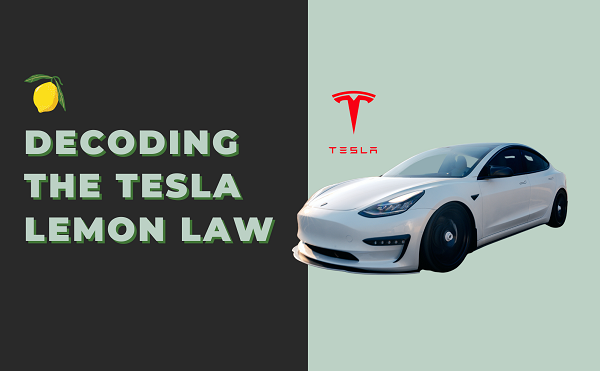Range Rover Issues
The Range Rover, a symbol of luxury and prestige in the world of Sport Utility Vehicles (SUVs), has long been a choice for those seeking a blend of opulence, power, and style. Since its inception in the 1970s, the Range Rover has evolved from a more utilitarian off-road vehicle to a status symbol, adorning the driveways of the affluent and the adventurous alike. Its sleek design, advanced technology, and reputation for comfort set it apart in the competitive luxury SUV market.
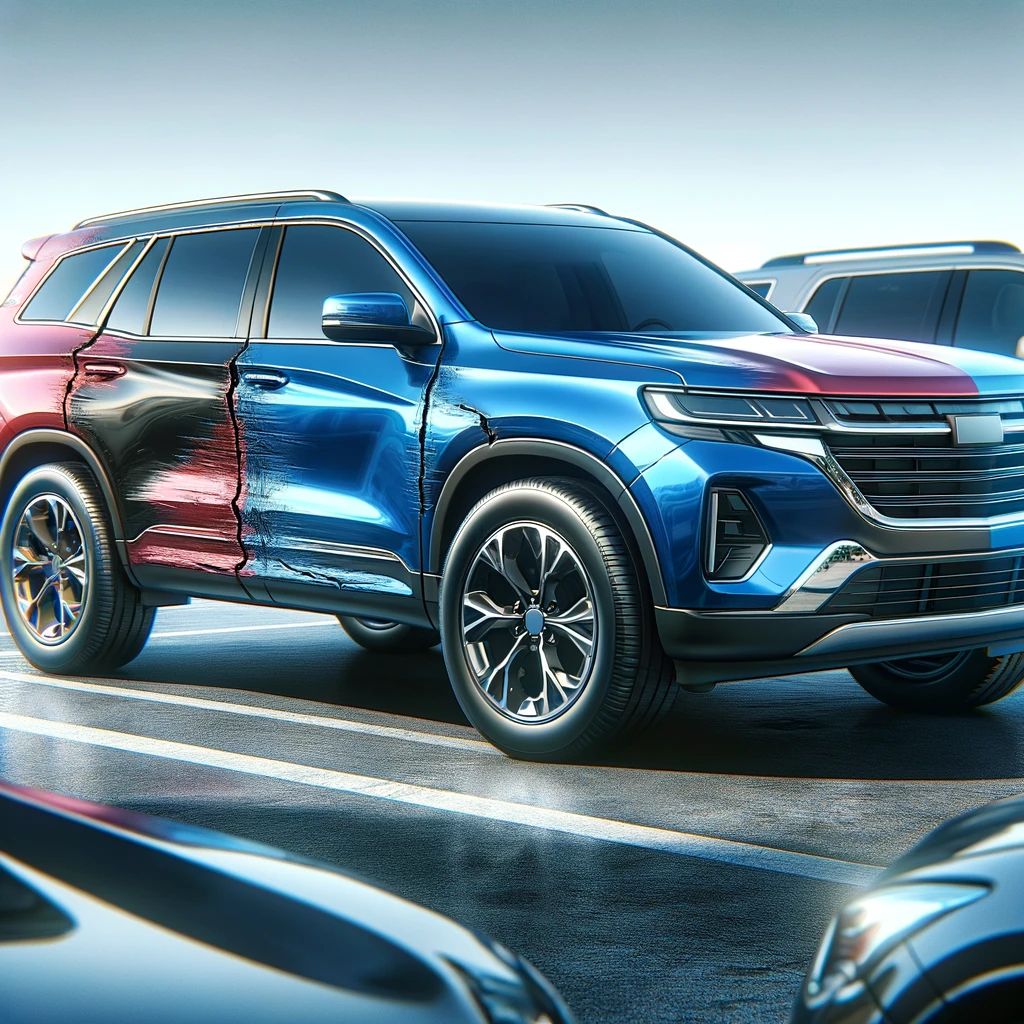
However, beneath its polished exterior and refined interior, the Range Rover has been plagued with a series of issues that have caused frustration and inconvenience for many owners. These problems range from persistent engine troubles and electrical glitches to more serious concerns like suspension and steering system faults. Such recurring issues not only compromise the driving experience but also raise questions about the reliability of these high-end vehicles.
Enter the Lemon Law, a legal recourse designed to protect consumers from chronically defective vehicles. This law allows buyers of new cars, and in some cases used cars, that fail to meet quality and performance standards, to seek remedies which may include a refund or replacement vehicle. In the context of Range Rover, the relevance of the lemon law becomes particularly significant.
Given the brand’s premium positioning and pricing, the expectations of reliability and quality are naturally higher. The lemon law provides a safety net for owners, ensuring that their investment in luxury does not become a costly and frustrating liability.
History and Popularity of Range Rover
The Range Rover, an iconic name in the automotive world, has a history that dates back to the 1970s. Launched in 1970 by British car manufacturer Land Rover, the Range Rover was initially conceptualized as a more comfortable and refined version of the classic Land Rover. It was a pioneering move, combining the off-road capability of a four-wheel drive with the comfort and style of a luxury car, effectively creating a new category of vehicle: the luxury SUV.
The Range Rover’s evolution is marked by its gradual shift from a rugged, utilitarian vehicle to a symbol of luxury and sophistication. The introduction of the Range Rover Classic in the 1980s marked the beginning of this transition, featuring improvements in comfort and design. The 1990s saw further advancements with the second-generation models, offering enhanced luxury features and modernized styling. This period marked the brand’s firm establishment in the luxury vehicle market.
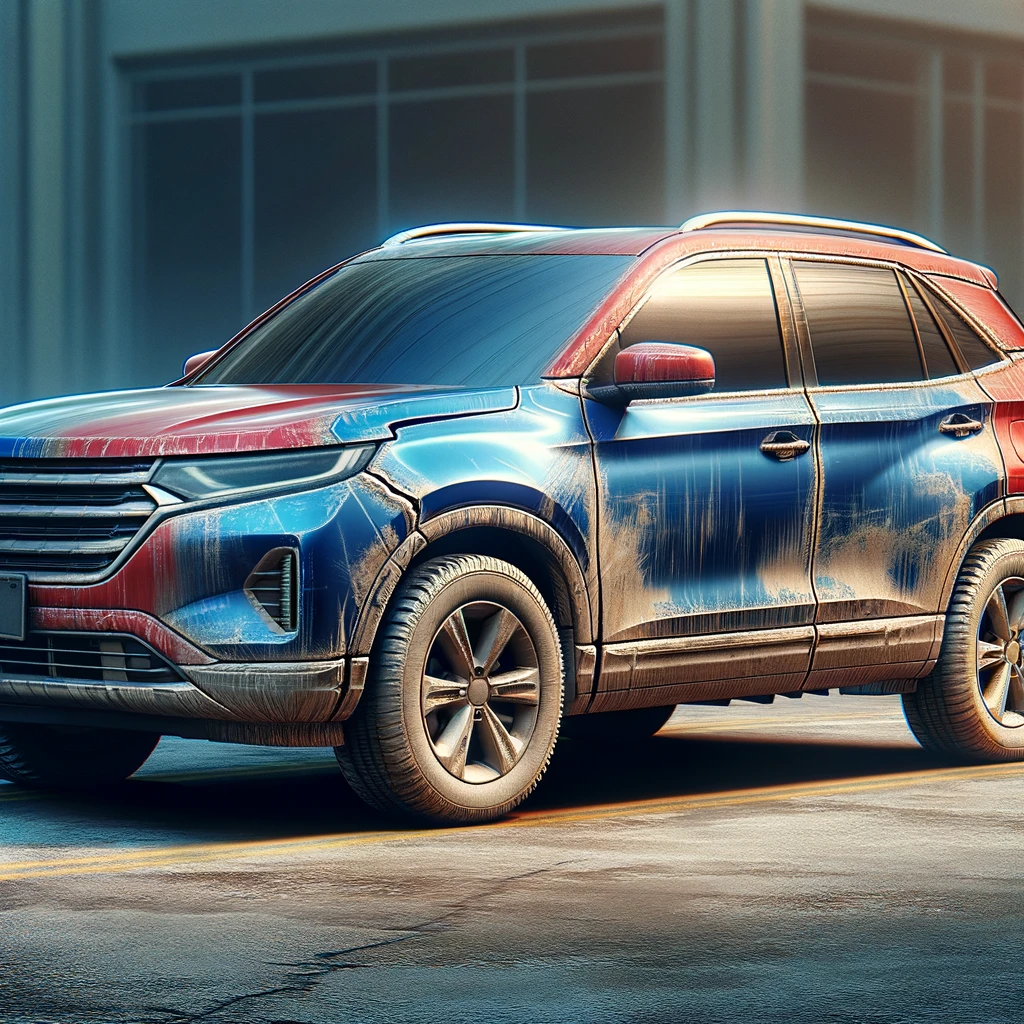
The 2000s brought significant changes with the introduction of models like the Range Rover Sport and the Range Rover Evoque. The Sport variant appealed to those seeking a more dynamic driving experience, while the Evoque targeted urban drivers with its compact size and stylish design. These models diversified the Range Rover line and contributed to its increasing popularity among a wider audience.
Reception of these models has generally been positive, with praise for their design, luxury features, and off-road capabilities. However, as their popularity increased, so did the visibility of their reliability issues. Despite this, the Range Rover has maintained its status as a desirable luxury vehicle, emblematic of a blend of British heritage with modern automotive luxury.
Common Issues in Range Rovers
Range Rovers, despite their prestige and luxury, are not strangers to mechanical and technical issues. These problems, ranging from engine malfunctions to electrical system glitches, often mar the ownership experience, contrasting sharply with the brand’s promise of superior quality and performance.
Engine Problems
Engine issues are among the most frequently reported problems by Range Rover owners. These troubles span a range of concerns, from minor annoyances like rough idling and irregular acceleration to more severe issues such as engine misfires or complete failures. Some owners have reported problems with the engine’s cooling system, leading to overheating, while others have encountered oil leaks or unusual noises emanating from the engine bay. Such engine-related issues not only necessitate costly repairs but can also pose significant safety risks during operation.
Electrical System Issues
Electrical problems in Range Rovers often manifest in the vehicle’s infotainment system, a critical component in modern luxury cars. Owners have reported issues with the infotainment system freezing or crashing, leading to a loss of access to essential functions like navigation, music, and vehicle settings. Other electrical issues include malfunctioning door locks, erratic dashboard warning lights, and problems with the electronic air suspension system. These electrical glitches, while not always directly affecting the vehicle’s drivability, significantly detract from the luxury experience expected of a Range Rover.
Suspension and Steering Issues
Complaints regarding the suspension and steering systems are also common among Range Rover models. Issues with the air suspension system, a feature designed to enhance the vehicle’s comfort and off-road capability, are particularly prevalent. Owners have reported cases where the air suspension fails, leading to a rough ride quality or uneven vehicle stance. Steering problems, including difficulty in steering response or unusual noises during turns, have also been noted. These issues not only affect the comfort and handling of the vehicle but can also lead to potential safety hazards.
Quality and Reliability Concerns
Beyond these specific system issues, Range Rovers are often critiqued for their overall reliability. Despite their high price point and luxury status, they have been known to require more frequent repairs compared to some of their competitors in the luxury SUV market. This has been corroborated by various reliability studies and consumer reports, which frequently place Range Rover models below average in terms of dependability.
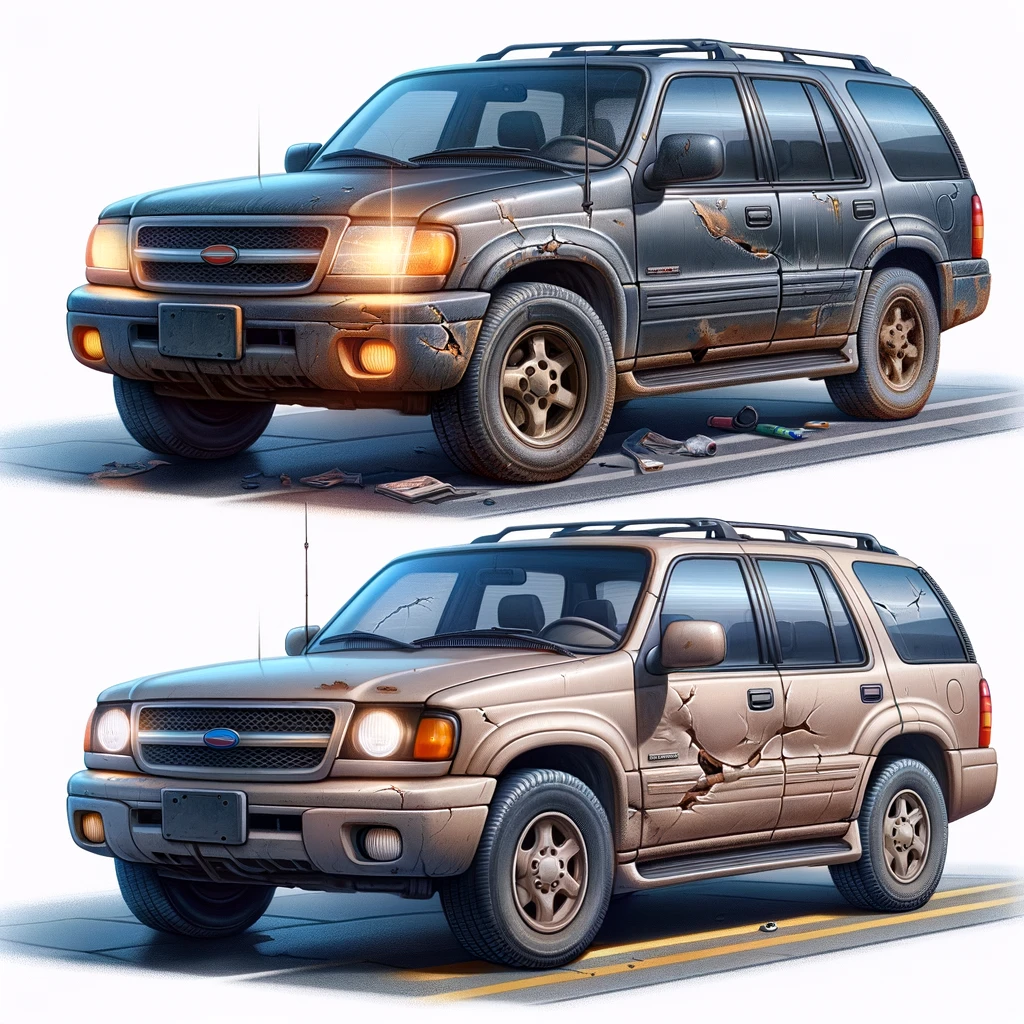
Commonly reported problems include unpredictable electronic issues, premature wear and tear of interior and exterior components, and a general propensity for random mechanical failures. These recurring reliability concerns raise questions about the quality control and engineering standards at Range Rover, impacting the brand’s reputation and consumer trust.
These issues, when combined, paint a complex picture of the Range Rover ownership experience. While these vehicles excel in luxury, design, and off-road capability, their proneness to various mechanical and technical problems can lead to significant ownership challenges, often necessitating costly and frequent repairs. For a brand synonymous with luxury and high performance, these reliability concerns represent a notable discrepancy between expectation and reality.
Impact of These Range Rover Issues on Owners
The myriad of issues plaguing Range Rovers significantly impacts their owners, not just in terms of vehicle performance, but also financially, safety-wise, and in terms of overall satisfaction.
Financial Implications
The financial burden of owning a Range Rover with persistent issues can be substantial. High-end vehicles like Range Rovers typically incur higher repair costs, partly due to the cost of specialized parts and the need for skilled labor. Engine problems, for instance, can lead to expensive repairs or replacements, while issues with the suspension or electrical systems often necessitate extensive diagnostic work and complex fixes. These recurring repair costs can add up, making ownership more costly than anticipated.
Furthermore, the well-documented reliability issues of Range Rovers can adversely affect their resale value. The market perception of these vehicles as prone to problems can lead to a quicker depreciation rate compared to other luxury vehicles. This depreciation means that owners might face significant losses when they decide to sell their Range Rover.
Safety Concerns
Beyond the financial aspect, the safety implications of these issues are a serious concern. Engine problems can result in unexpected power loss, a significant hazard especially when driving at high speeds or in heavy traffic. Issues with the suspension and steering systems can compromise vehicle control, increasing the risk of accidents. Electrical malfunctions, particularly those affecting critical systems like the brakes or airbags, can directly impact the vehicle’s safety features. These safety risks not only endanger the occupants of the vehicle but also to other road users.
Customer Satisfaction and Brand Loyalty
The cumulative effect of these issues can severely impact customer satisfaction. For many owners, the allure of the Range Rover brand is rooted in its promise of luxury, comfort, and reliability. Frequent trips to the service center, coupled with the stress of dealing with unpredictable vehicle performance, can erode the joy of owning what is marketed as a premium product.
This erosion of trust and satisfaction can lead to a decline in brand loyalty, with owners possibly looking to other brands that offer a more reliable luxury experience. The brand’s image, built on a legacy of quality and luxury, risks being overshadowed by these persistent reliability concerns.
The Concept of Lemon Laws
Lemon laws are consumer protection statutes designed to provide recourse for buyers of vehicles that fail to meet quality and performance standards. These laws vary by state in the United States but generally serve the same purpose: to protect consumers from being stuck with a “lemon” – a vehicle that has significant manufacturing defects affecting its safety, value, or utility.
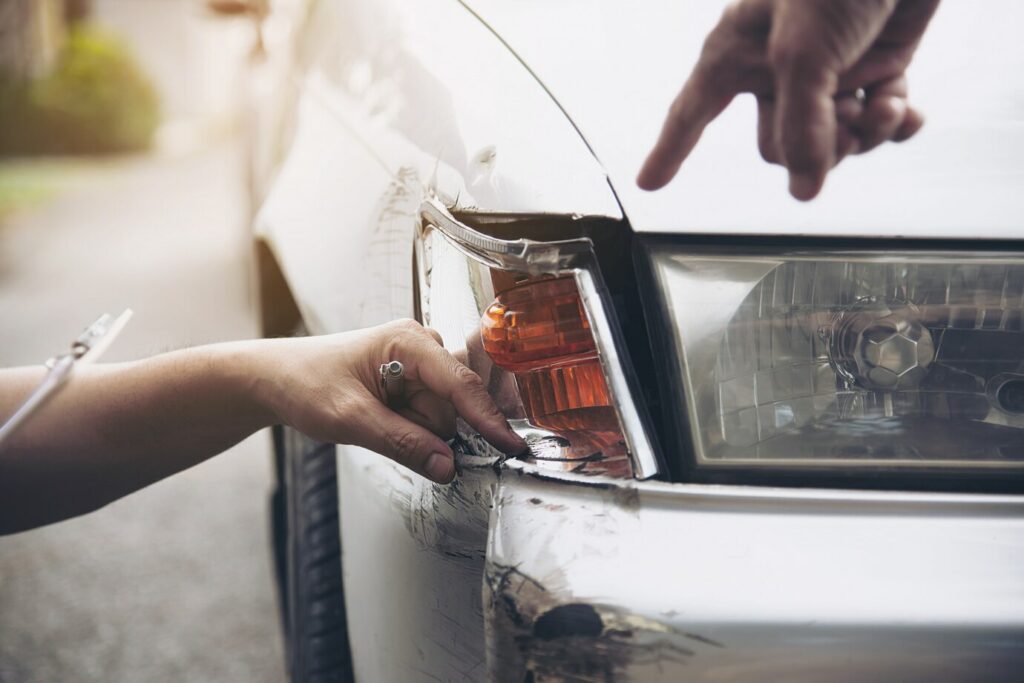
Definition and Purpose of the Lemon Law
The primary purpose of the Lemon Law is to ensure that if a new vehicle consistently fails to meet standards of quality and performance, the manufacturer must address the issues effectively. If the vehicle cannot be repaired satisfactorily after a reasonable number of attempts, the manufacturer is required to either replace the vehicle or refund the purchase price to the consumer. This law acknowledges that a defect-riddled vehicle not only represents a financial burden but can also pose significant safety risks.
Lemon Law Application to New and Used Vehicles
Lemon laws most commonly apply to new vehicles, but several states have extended these protections to used vehicles as well. The specifics of the law, such as the number of repair attempts that constitute a “reasonable number,” the time frame in which these attempts must occur, and the total number of miles driven, vary from state to state.
In the case of Range Rovers, which are often associated with high-end features and complex systems, the lemon law becomes particularly relevant. Given their luxury status and the corresponding high expectations of quality and performance, when Range Rovers exhibit chronic issues or defects, owners may seek remedy under the lemon law.
Process of Filing a Lemon Law Claim
Filing a lemon law claim typically involves several key steps. The owner must first ensure that the vehicle has been given a reasonable number of attempts to be repaired. Documentation of these repair attempts, including receipts and service records, is crucial. This documentation should indicate the problem(s), the repairs attempted, and the results of these repairs.
Once it’s established that the vehicle qualifies as a lemon under state laws, the owner can then proceed to file a claim. This usually involves notifying the manufacturer in writing about the issues and your intention to pursue a lemon law claim. Some states require that this notification be sent through certified mail. Following this, the manufacturer is given a final opportunity to repair the vehicle.
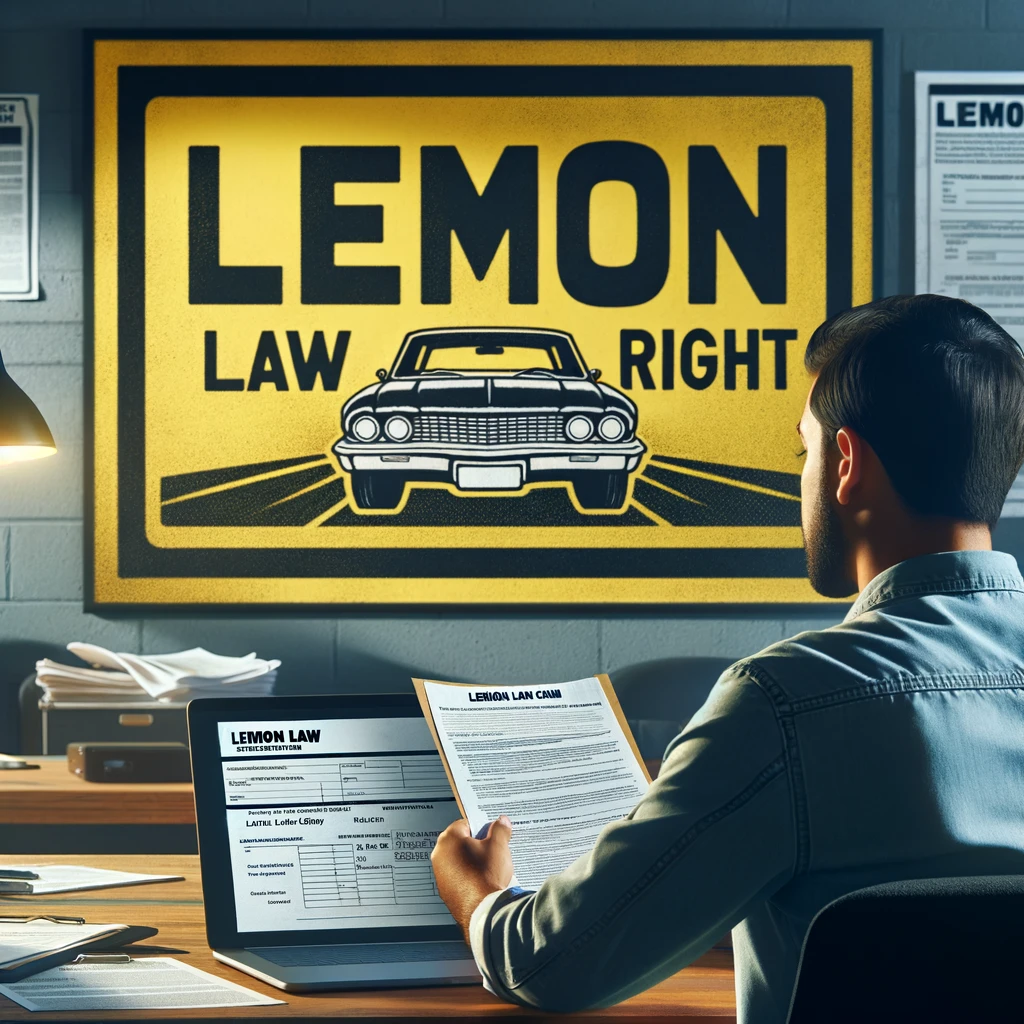
If the issue persists, the claim then often goes into arbitration, where an independent third party reviews the case and makes a binding decision. If the vehicle is indeed deemed a lemon, the manufacturer must either replace the vehicle or refund the buyer. Legal representation can be beneficial in navigating this process, especially in more complex cases or when dealing with uncooperative manufacturers.
Understanding lemon laws is crucial for Range Rover owners experiencing ongoing issues with their vehicles. These laws offer a pathway to resolve what can often be a frustrating and costly problem, providing a level of protection and assurance to consumers investing in these high-end vehicles.
Range Rover’s Response to Quality Issues
In response to the various quality issues that have surfaced with Range Rovers, the manufacturer, Land Rover, has taken several steps to address these concerns and restore consumer confidence. Recognizing the impact of these issues on their brand reputation, they have implemented several strategies to mitigate these problems.
One significant response has been the initiation of recalls and service campaigns. These have ranged from specific component fixes to comprehensive system overhauls, targeting some of the most commonly reported problems. For example, there have been recalls related to faulty suspension systems, electrical glitches, and engine cooling problems, among others. These recall campaigns are an effort to proactively address potential safety and reliability issues before they become more widespread.
Moreover, Land Rover has made concerted efforts to improve the overall quality and reliability of recent Range Rover models. This includes enhancements in engineering practices, stricter quality control measures during manufacturing, and the use of more reliable components. These changes are a direct result of feedback from consumers and the recognition of the need to uphold the high standards expected from a luxury brand.
These efforts demonstrate Land Rover’s commitment to maintaining the prestige and trust associated with the Range Rover brand. While addressing the immediate concerns through recalls and service campaigns, they are also focusing on long-term improvements to ensure future models are more reliable and uphold the high standards expected by their customers.
Advice for Prospective and Current Owners
For Prospective Buyers:
- Research: Thoroughly research the specific Range Rover model you’re interested in. Look for owner reviews, reliability ratings, and common issues associated with that model.
- Pre-Purchase Inspection: Always get a pre-purchase inspection by a qualified mechanic familiar with Range Rovers. This can uncover hidden problems that may not be apparent during a test drive.
- Check Vehicle History: Request the vehicle’s history report to check for any past accidents, recalls, or repeated repair issues.
- Warranty Coverage: Understand the warranty coverage and consider purchasing an extended warranty for added protection, especially for models known for specific issues.
For Current Owners:
- Regular Maintenance: Keep up with regular maintenance as per the vehicle’s manual. This can prevent some common issues and ensure your vehicle runs smoothly.
- Document Repairs: If issues arise, document all repairs and service visits, including dates and descriptions of the problems and fixes. This is crucial if you need to file a lemon law claim.
- Lemon Law Claim: If you face recurring issues, consult your state’s lemon law guidelines. If your situation qualifies, consider seeking legal advice to navigate the claim process. Remember, timing and proper documentation are key in lemon law claims.
- Manufacturer Communication: Stay in communication with Range Rover’s customer service for any recurring issues. They can often provide assistance or guidance, especially if your vehicle is still under warranty.
- Let Alpha Law Firm Help You With Your Defective Range Rover
Lemon laws play a crucial role in protecting consumers, including those who invest in luxury cars. These laws ensure that manufacturers are accountable for the quality of their vehicles, offering recourse for owners of defective cars. For Range Rover owners experiencing issues, it’s important to recognize your rights under these laws.
If you’re in Los Angeles, CA, and facing problems with a lemon Range Rover, Alpha Law Firm specializes in lemon law and can offer expert legal guidance and support. Our expertise in dealing with luxury vehicle cases ensures that your rights are effectively represented.






